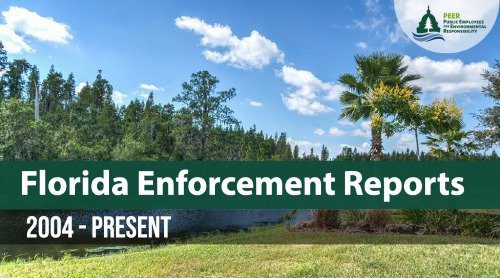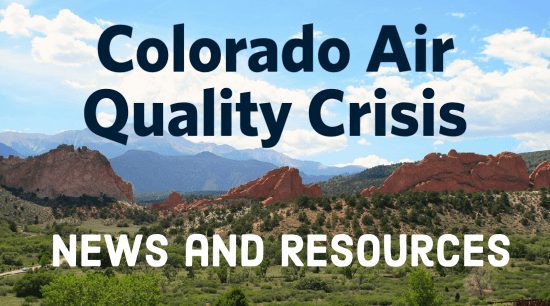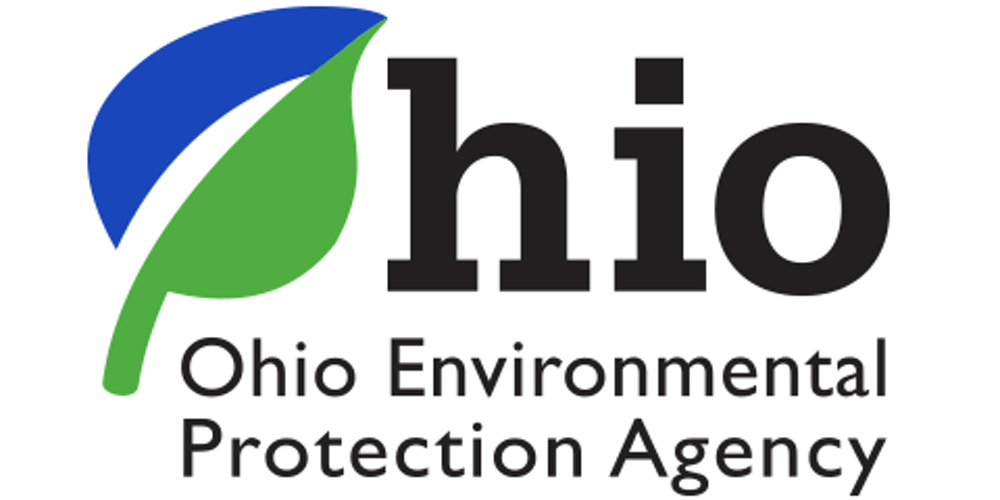State Enforcement of Federal Environmental Laws
State Delegation is when the federal law in question delegates some or all enforcement of said law to the state agencies, typically after the state’s program first goes through the EPA’s review and acceptance. The result is state “primacy.”
EPA is responsible for direct implementation for programs that are not delegable or where a state or tribe has not sought or obtained the “primacy” to implement a particular program or program component. Examples of non-delegable programs include:
-
- The Clean Air Act (CAA) mobile source program;
- Pesticide labeling and registration under the Federal Insecticide, Fungicide, and Rodenticide Registration Act (FIFRA);
- Virtually all compliance assurance and enforcement in Indian country;
- Enforcement of the federal Superfund cleanup program; and
- Enforcement of non-delegated portions of various other laws, including Resource Conservation and Recovery Act (RCRA), the Clean Water Act (CWA), and stratospheric ozone under the CAA.
EPA does not give away its jurisdiction to a state; rather EPA shares jurisdiction.
State Enforcement Activity


Thus, EPA will pursue enforcement actions at federal facilities where significant violations are discovered, will ensure that federal facilities are held to the same standards as the private sector, and will provide technical and scientific support to states and tribes with authorized programs.
While some facets of the discussion of federal enforcement may apply also to the states, the 50 states and several territories and other smaller jurisdictions that make up the nation have their own unique institutional structures; a variety of agencies may have enforcement responsibilities.
Performance Partnership Agreements (PPAs)
 When enforcement of an EPA-overseen law is handled by a state, typically the two will agree on a voluntary PPA to enable close EPA oversight as well as provide a vehicle for grants to states. Understanding compliance with a PPA is important in critiquing how well a state is doing. However, PPAs are not themselves binding or enforceable. PPAs typically include the following elements:
When enforcement of an EPA-overseen law is handled by a state, typically the two will agree on a voluntary PPA to enable close EPA oversight as well as provide a vehicle for grants to states. Understanding compliance with a PPA is important in critiquing how well a state is doing. However, PPAs are not themselves binding or enforceable. PPAs typically include the following elements:
-
- A description of environmental conditions, priorities, and strategies;
- Performance measures for evaluating environmental progress;
- A process for jointly evaluating how well the PPA is working and an agreement to implement any needed improvements;
- A description of the process for mutual accountability, including a clear definition of the roles of each party in carrying out the PPA and an overview of how resources will be deployed to accomplish the work; and
- A description of how the priorities in the PPA align with those in the EPA Strategic Plan and the state’s own strategic (or other related) plan.
The potential for weakness in many states’ enforcement approaches is the basis for EPA oversight. The priority oversight challenges for state performance were listed in EPA’s National Strategy for Improving Oversight of State Enforcement Performance (Dec. 2013):
-
- Widespread and persistent data inaccuracy and incompleteness in national data systems, which makes it hard to identify when serious problems exist or to track state actions;
- Routine failure of states to identity and report significant noncompliance;
- Routine failure of states to take timely or appropriate enforcement actions to return violating facilities to compliance, potentially allowing pollution to continue unabated;
- Failure of states to take appropriate penalty actions, which results in ineffective deterrence for noncompliance and an unlevel playing field for companies that do.
PEER’s experience is that many of these problems remain. EPA needs to maintain and strengthen oversight or consider intervening to revoke primacy, that is, rescinding the enforcement delegations for the worst state agencies and re-asserting federal enforcement responsibility.
EPA Overfiling
A legally tougher form of oversight is “overfiling,” which is when EPA initiates its own enforcement action against a polluter even though a state may have already begun enforcement proceedings against the same polluter for the same violation. Overfiling can ensure that polluters do not get off easy due to non-existent or inadequate enforcement by lenient state agencies.
For example, PEER has filed numerous overfile requests with EPA addressing failed CWA enforcement in Florida, such as against the City of Venice wastewater plant, and six plants on St. Johns River. All address municipal wastewater plants that are polluting excessively, diminishing water quality and wildlife habitat.